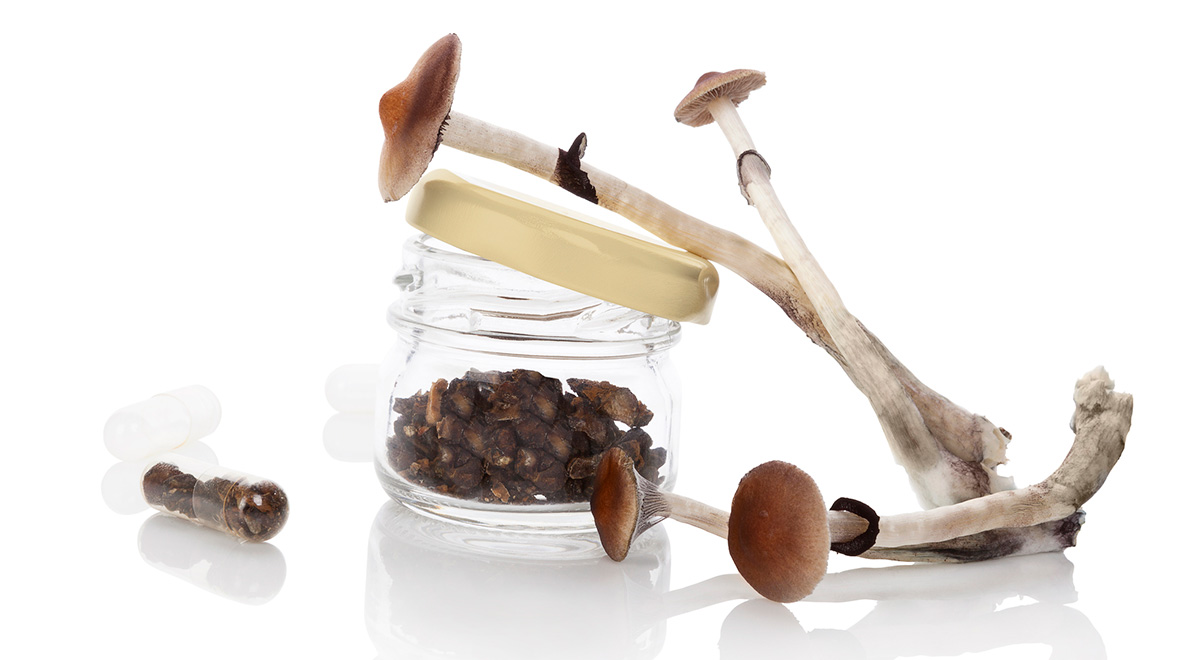The dangers of antidepressant drugs have become quite apparent over the past several years. “Medications” such as selective serotonin reuptake inhibitors (SSRIs) used to treat depression have been implicated in “suicidality, violence and mania,” according to an article published in the International Journal of Risk and Safety in Medicine in 2004 (available through the website of prominent psychiatrist Dr. Peter Breggin).
The good news is there are many less harmful alternatives available. While some studies on the use of medical marijuana have had mixed results, others indicate that THC, the active compound in cannabis, can help in reducing stress – which is a primary cause of depression (and the reason why some 15 million Americans suffer from it). Recent research also suggests that psilocybin, or so-called “magic” mushrooms, may be of benefit when it comes to treating depression.
The study, published last week in Scientific Reports, found a significant reduction in symptoms of depression in patients who consumed them – and the effects of a single treatment lasted more than a month. The researchers believe the psychoactive compounds contained in the mushroom effectively “resets” areas of the brain involved in depression. Lead author Dr. Robin Carhart-Harris of Imperial College in London says,
“Several of our patients described feeling ‘reset’ after the treatment and often used computer analogies. For example, one said he felt like his brain had been ‘defragged’ like a computer hard drive, and another said he felt ‘rebooted’. Psilocybin may be giving these individuals the temporary ‘kick start’ they need to break out of their depressive states and these imaging results do tentatively support a ‘reset’ analogy.”
Dr. Carhart-Harris adds, “Similar brain effects to these have been seen with electroconvulsive therapy.”
While a great deal more research remains to be done, the current study confirms a number of clinical trials conducted since 2007 that have shown promise in the use of “psychedelics” for the treatment of depression.
Psilocybin mushrooms, used by indigenous peoples for thousands of years, remain illegal in most countries. The United Nations have listed psilocybin and psilocin as “Schedule I drugs” under the 1971 Convention on Psychotropic Substances, meaning that it has a high potential for abuse and no recognized medical uses. A few countries have decriminalized the possession of magic mushrooms while others rarely enforce such bans, but so far, only three nations – Brazil, Jamaica and the Netherlands – have made the substance completely legal. (In the U.S., possession, sale and transport psilocybin is outlawed, however, most states allow people to keep spores).

